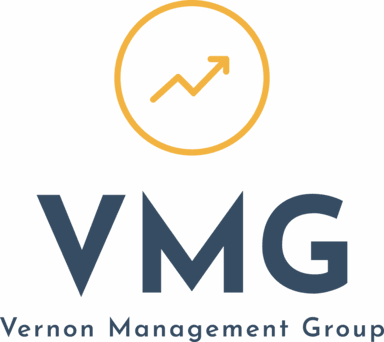Retirement Planner in Richmond, VA
A Comprehensive Financial Plan for a Fulfilling Life
True financial planning brings all the pieces of your financial life together. We create a single, integrated strategy to give you clarity, confidence, and a roadmap to your most important goals.
Your Financial Life, Integrated
Financial planning is more than a retirement calculation. It’s a dynamic process that organizes your present finances and creates a clear path toward your future aspirations—aligning investments, tax strategy, and legacy goals.
Retirement Readiness Planning
Define your retirement vision and build a durable strategy to support your desired lifestyle for decades.
Investment Strategy Alignment
Purpose-built portfolios that fund your plan and balance growth potential with your risk tolerance.
Proactive Tax Planning
Reduce lifetime taxes with asset location, tax-efficient withdrawals, and opportunistic loss harvesting.
Estate & Legacy Planning
Protect your assets, provide for loved ones, and ensure your wishes are carried out.
Risk Management & Insurance
Right-size coverage for life, disability, and long-term care to safeguard your plan.
Cash Flow & Goal Planning
Create a clear picture of income and expenses to optimize savings and fund major goals.
Our Financial Planning Process
A structured, collaborative process ensures every recommendation is tailored to you.

Understanding Your Vision
We start by listening—to your values, goals, and what a successful future looks like to you.
Analyzing Your Financial Picture
We organize your data to build a 360° view of where you stand today.
Developing Your Roadmap
You’ll receive clear, prioritized recommendations that bridge the gap from today to your goals.
Implementation Support
We help you execute, coordinating with CPAs and attorneys when needed.
Ongoing Review & Adaptation
Life changes. We review regularly and adjust so your plan always fits your reality.
Gain Clarity and Confidence in Your Financial Future
A comprehensive financial plan is the best tool for making smart decisions. Schedule a complimentary consultation to see how our process can work for you.
